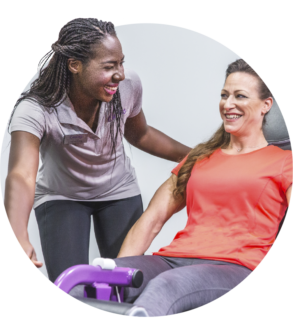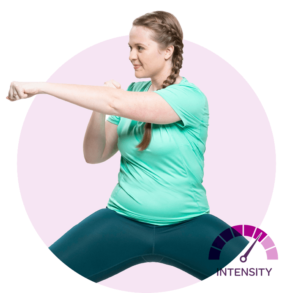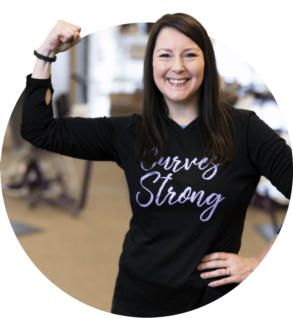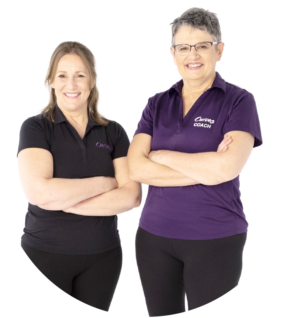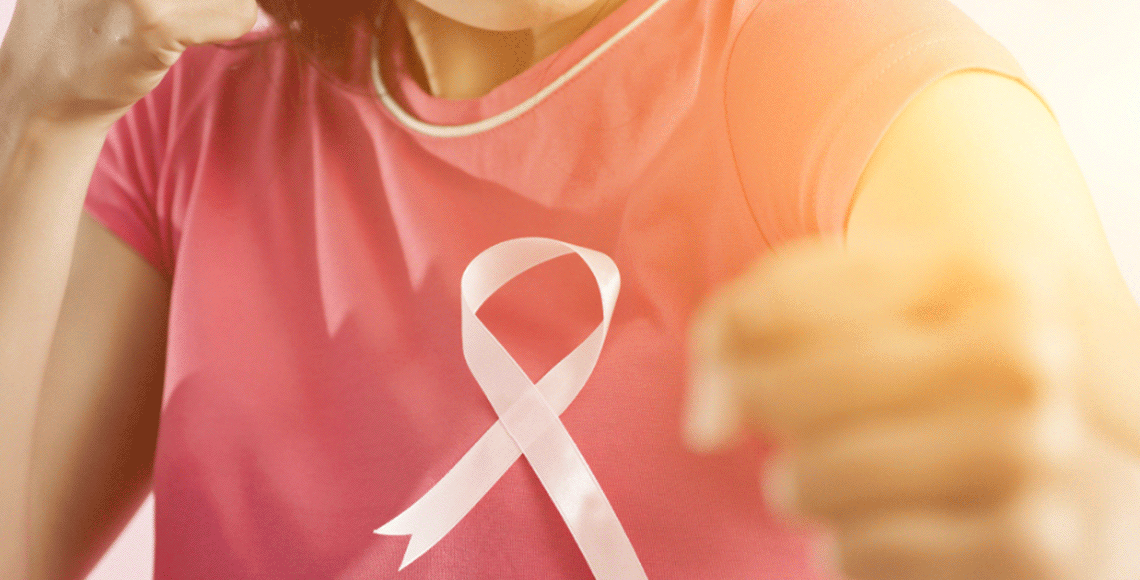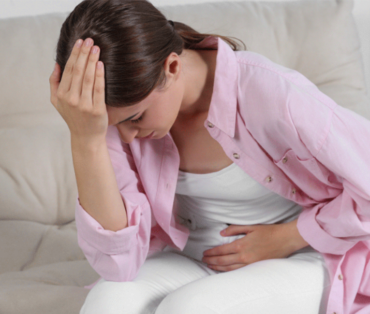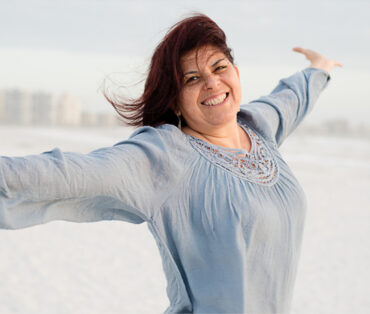5 Ways to Help Prevent Breast Cancer
While you can’t control some of your risks (like genetics) or, realistically, the age you have your first baby (pregnancy over 30 is a risk factor), there’s evidence that a few lifestyle measures may help reduce the risk of breast cancer at any age. They include:
1. Exercising Regularly
Most research focuses on the link between exercise and breast cancer in postmenopausal women, but at least one major study involving nearly 65,000 women, conducted by researchers at Washington University School of Medicine in St. Louis and Harvard University in Boston, found that being active as a young woman can lower the risk of premenopausal breast cancer by as much as 23 percent. “Women should exercise at least three to five times a week, getting a minimum of 150 minutes of moderate exercise,” says Ann Partridge, MD, MPH, founder and director of the Program for Young Women with Breast Cancer at Dana-Farber Cancer Institute in Boston. Curves is the perfect place to get strength, cardio and stretching exercises in one workout.
2. Limiting Alcohol Intake
“The studies are pretty clear: Women who drink more alcohol are at higher risk of breast cancer,” says Partridge. “If you want to drink, you can be in the safety zone with three to six glasses of wine a week.”
3. Avoiding Tobaccos
Smoking at a young age or being around secondhand smoke may be linked to an increased risk of breast cancer. “The evidence suggests that smoking doesn’t have a huge effect – it’s greater for cervical cancer,” says Partridge. But the effect on breast cancer risk is greater for secondhand smoke, though we don’t know why.
4. Know your Breasts
You need to know the topography of your own breasts so you know what they feel like and when something changes,” says Partridge. “Be aware of a lump, a bump, a rash that’s not going away, or discharge from a nipple. If you don’t know what it is or if it’s changing, see your doctor.”
That doesn’t necessarily translate into early detection. Breast cancer in someone under 40 is so uncommon that it’s possible your doctor has never seen a case and may not order further testing. “Then you have to make your doctor aware that while it’s rare in young women, it can and does happen,” says Partridge. “I have a patient in my clinic now who had a lump and was told she was too young to have breast cancer. She didn’t do anything about it till it started growing and caused pain in her back. She has bone metastases – incurable breast cancer at age 21.”
5. Know your Family History
According to the American Cancer Society, 5 to 10 percent of all breast cancer is inherited, but the risk for developing it at a young age is highest for women who carry mutated BRCA1 and BRCA2 genes. The genes are associated with a family history of multiple cases of breast cancer, breast cancer in men, and ovarian, cervical, uterine, pancreatic, and colon cancer. Not everyone with a family history will carry the gene, but everyone should be tested says Partridge.
The Curves circuit is a great way to lower your breast cancer risk. Curves offers a new Workout of the Week, WOW, each week that features moves from balance, boxing, body basics, and cardio adding variety for women to strengthen your whole body. Obesity is one cause of cancer you can control, so following a healthy diet and engaging in a workout that includes strength training workouts is vital, especially if you are at an increased risk for the disease.
Curves gym is the perfect solution to help you get fit, gain strength, and stay healthy and cancer-free. You’ll get an efficient, effective 30-minute full-body workout and improve your health at the same time. For more information about our programs visit www.curves.com

